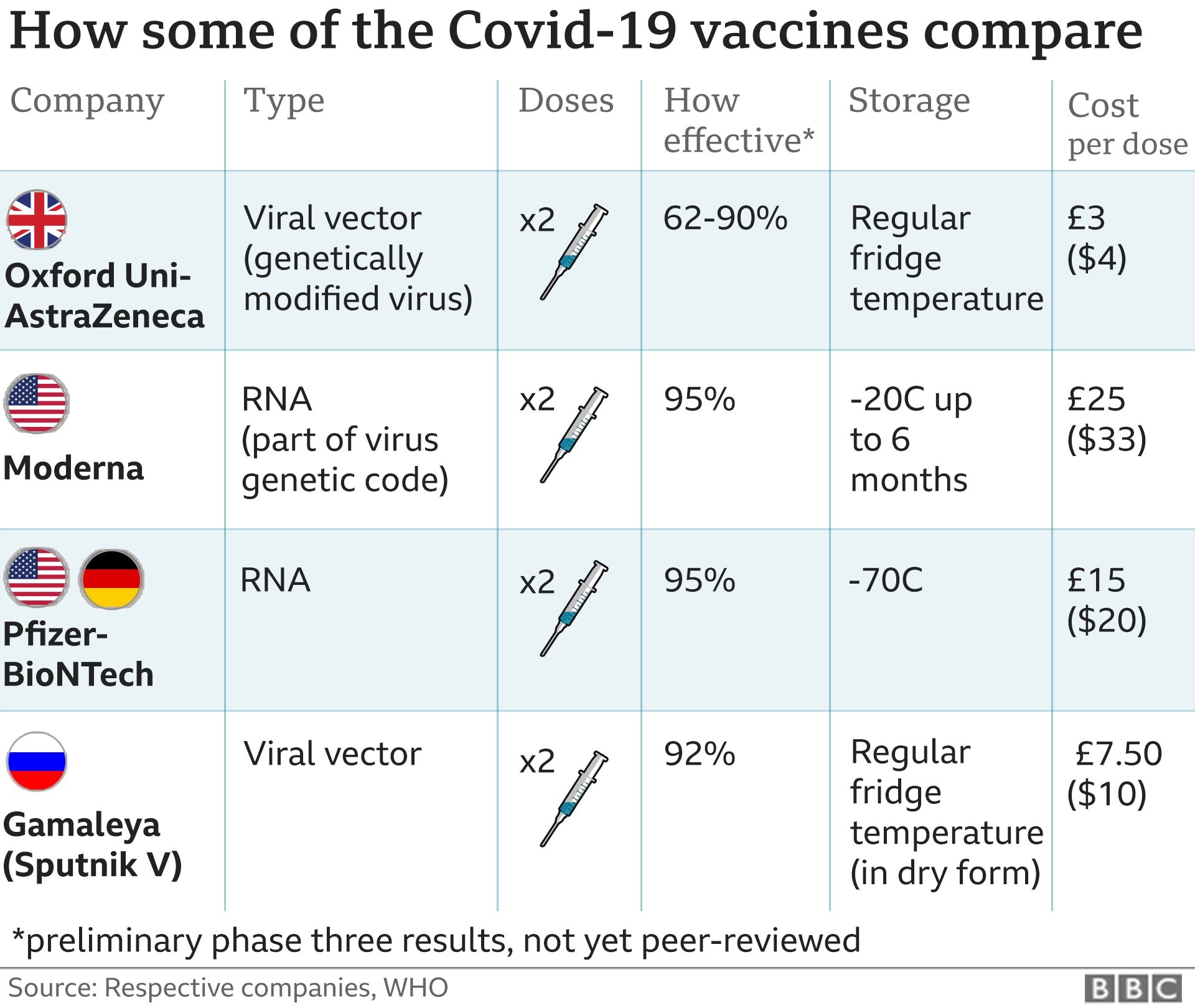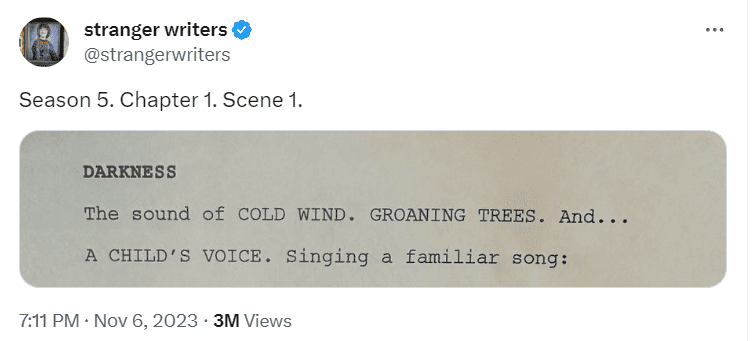Long COVID: How COVID-19 Vaccines May Offer Protection

Table of Contents
What is Long COVID? Defining the Symptoms and Challenges
Long COVID, also known as Post-COVID-19 Condition or long-haul COVID, refers to a range of ongoing health problems that can persist for weeks, months, or even years after a COVID-19 infection. It's a highly variable condition, meaning the symptoms and their severity differ widely among individuals.
Common symptoms of Long COVID include:
- Fatigue: Overwhelming tiredness that doesn't improve with rest.
- Brain fog: Difficulty concentrating, remembering things, or making decisions.
- Shortness of breath: Difficulty breathing even during light activity.
- Chest pain: Lingering pain or discomfort in the chest area.
- Heart palpitations: Rapid or irregular heartbeats.
- Headaches: Persistent or severe headaches.
- Joint pain: Aches and pains in the joints.
- Loss of taste or smell: Continued alteration or loss of these senses.
Diagnosing Long COVID presents significant challenges. There isn't a single, definitive diagnostic test. Diagnosis relies on a combination of reported symptoms, medical history, and exclusion of other conditions. This lack of a standardized diagnostic approach contributes to the difficulties in tracking prevalence and developing effective treatments for this chronic condition, also known as chronic COVID.
The Impact of COVID-19 Vaccines on Severe COVID-19 and Hospitalization
Numerous studies demonstrate the remarkable effectiveness of COVID-19 vaccines in preventing severe illness, hospitalization, and death from COVID-19. Vaccines significantly reduce the viral load—the amount of virus in the body—which plays a key role in the severity of infection. By significantly lowering the risk of severe COVID-19, vaccines indirectly lessen the chances of developing Long COVID.
- Reduced Hospitalization Rates: Large-scale studies have shown substantial reductions in hospitalization rates among vaccinated individuals compared to unvaccinated individuals.
- Lower Mortality Rates: COVID-19 vaccines have been proven to dramatically decrease the risk of death from COVID-19.
- Mitigation of Severe Symptoms: Vaccinations reduce the likelihood of experiencing severe COVID-19 symptoms, lessening the burden on the body and potentially reducing the risk of long-term complications.
This decreased severity of infection, achieved through high COVID-19 vaccine efficacy, is a crucial factor in reducing the risk of developing Long COVID. The overall protection offered by these vaccines plays a significant role in improving public health outcomes concerning both acute and long-term COVID-19 effects.
Evidence Suggesting Vaccine Protection Against Long COVID
While research is ongoing, accumulating evidence suggests that COVID-19 vaccines may offer protection against Long COVID. Several studies indicate a reduced risk of developing Long COVID among vaccinated individuals compared to unvaccinated individuals. However, it's crucial to acknowledge that the research in this area is still evolving, and more studies are needed to definitively establish the extent of this protective effect.
Potential mechanisms by which vaccines might offer protection include:
- Reduced Viral Load: Lower viral load means less time for the virus to damage tissues and trigger an excessive immune response, both of which are believed to contribute to Long COVID.
- Modulated Immune Response: Vaccines help train the immune system to respond effectively to the virus, potentially preventing the dysregulated immune responses associated with Long COVID.
While definitive conclusions require further research, the existing studies provide encouraging indications that COVID-19 vaccination can be a significant factor in Long COVID prevention.
Types of COVID-19 Vaccines and Their Potential Impact on Long COVID Risk
Several types of COVID-19 vaccines are available, including mRNA vaccines (like Pfizer-BioNTech and Moderna) and viral vector vaccines (like Johnson & Johnson/Janssen). Current research doesn't suggest substantial differences in the protection against Long COVID offered by these various vaccine types. However, this is an area of active investigation.
It is essential to stay updated on the latest vaccine recommendations from reputable sources such as the CDC and WHO, as guidance may evolve based on new scientific findings and the emergence of new variants.
Staying Informed and Protecting Yourself from Long COVID
Staying up-to-date on vaccination recommendations, including booster shots, remains paramount in protecting yourself from Long COVID. While vaccines are a crucial component of a comprehensive strategy, other preventative measures also contribute to mitigating risk:
- Booster Shots: Booster shots help maintain high levels of protection against COVID-19 and its variants, potentially reducing the risk of both infection and Long COVID.
- Masking: Wearing a mask, especially in crowded indoor spaces, can significantly reduce the transmission of the virus.
- Social Distancing: Maintaining physical distance from others, particularly in high-risk environments, helps minimize exposure.
- Consult Your Healthcare Provider: Discuss your individual risk factors and vaccination strategy with your healthcare provider to obtain personalized advice and recommendations.
Conclusion: Vaccines and the Fight Against Long COVID
In summary, COVID-19 vaccines significantly reduce the risk of severe COVID-19, and a growing body of evidence suggests they may also offer considerable protection against Long COVID. While research is ongoing, the available data highlight the critical role of vaccination in mitigating the long-term consequences of COVID-19 infection.
Protecting yourself from Long COVID starts with vaccination. Get vaccinated and boosted to protect yourself against both severe COVID-19 and the devastating potential of Long COVID. Consult your healthcare provider or visit the CDC and WHO websites for the most up-to-date information on vaccination and Long COVID prevention. Take proactive steps to protect yourself and your community against this challenging post-COVID condition; your Long COVID prevention starts now.

Featured Posts
-
 A 2011 Film That Echoes Stranger Things Season 5s Premise
May 29, 2025
A 2011 Film That Echoes Stranger Things Season 5s Premise
May 29, 2025 -
 Le Pen Denounces Embezzlement Conviction As Witch Hunt At Paris Rally
May 29, 2025
Le Pen Denounces Embezzlement Conviction As Witch Hunt At Paris Rally
May 29, 2025 -
 Iae Agores Stratiotikon Elikopteron Apo Tis Ipa Aksias 1 4 Dis Dolarion
May 29, 2025
Iae Agores Stratiotikon Elikopteron Apo Tis Ipa Aksias 1 4 Dis Dolarion
May 29, 2025 -
 Stellantis Stlam Names New Ceo Antonio Filosa To Spearhead Restructuring
May 29, 2025
Stellantis Stlam Names New Ceo Antonio Filosa To Spearhead Restructuring
May 29, 2025 -
 Playoff Thriller Mitchells 43 Points Secure Cavaliers Win Against Pacers
May 29, 2025
Playoff Thriller Mitchells 43 Points Secure Cavaliers Win Against Pacers
May 29, 2025
